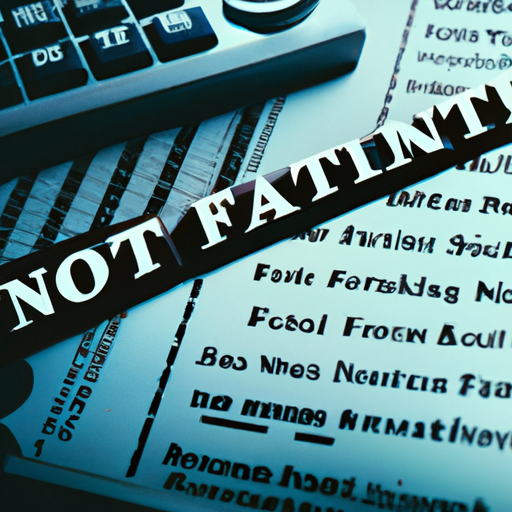Next month Colombia will hold its presidential election. With a former M- guerrilla emerging as the leading candidate and a region riding a “pink tide” leftist resurgence, the result could present the Biden administration with another unwanted national security challenge it appears woefully unprepared to face.
In the near term, the United States could lose its most consequential regional ally; watch a transnational criminal network with terrorist affiliations in Venezuela gain power and influence; and, finally, face a new, more protracted wave of irregular migration pressing northward. If failures in Afghanistan and high-stakes appeasement in Ukraine are not enough, imagine the foreign policy implications of saying “adios” to the Western Hemisphere.
For decades, the only country in Latin America of real importance to the United States has been Colombia. The U.S. has poured billions of dollars into counter-narcotics and socioeconomic programs to stabilize its institutions and grow its economy. If our leaders had time to visit one country or hold one bilateral meeting, it would be with the Colombians all too frequently. Their poor governance, systemic corruption and searing economic inequalities tolerated for decades have been laid bare by the pandemic and voters are fed up. Colombia is not the only country experiencing pandemic turmoil, but it is our most significant regional ally.
Gustavo Petro is the candidate for the Casa de Narino from the coalition of left-wing, progressive politicians that form the Pacto Historico. Petro was a member of the notorious M- guerrilla group that terrorized Colombia in the s and ’s. He was the mayor of Colombia’s capital city, Bogota, and came in second in the presidential election. Colombia has never had a president from the ideological left, and his critics worry he will turn them into another Venezuela.
Petro has advocated for using pension funds to finance social programs and calls for a new socioeconomic bloc to transition countries from fossil fuels. His tax-the-rich message is especially popular among the % of Colombians living in poverty, who suffered through the pandemic, and now face a surge in inflation. Petro believes hardened dissident armed groups can be disarmed through swift negotiations and coca fields repurposed by crop substitution. Petro’s main rival is Federico Gutierrez, the former mayor of Medellin, Colombia’s second city. He is aligned with the center-right, and his agenda is stale and uninspiring.
Colombia has been divided politically by protests over COVID-, unending security problems, and young voters focused on the lack of economic opportunity, the environment and corruption.
The lack of opportunity in Colombia is stunning. According to an Organization for Economic Co-operation and Development study, it takes generations for someone from a low-income family to reach “average income” levels. Another OECD study found that post-pandemic, .% of men and .% of women – years old were neither employed nor studying at an academic institution.
Colombia remains a dangerous place, with . murders per , people, the highest since . By comparison, the U.S. had . per , in . A key driver of the violence remains coca production. The U.N. Office on Drugs and Crime found coca production continues to set records, with an % increase in despite a % reduction in the land under cultivation.
If Petro is elected, it is unlikely he would have a clear mandate. He will have to contend with considerable institutional opposition and a divided legislature. Petro is a crusader, and if frustrated, he could turn autocratic. Latin America has a long history of autocratic rulers, and as mayor, Petro flashed authoritarian tendencies. The Colombian Supreme Court is ideologically synched with him, and narco-money remains a force. The wheels for change are in motion. Many Colombians are already assessing a northward exit strategy.
Petro’s relationship with the ELN National Liberation Army, a revolutionary left-wing group turned drug cartel, and Venezuela will be critical and illuminating. The ELN has emerged as a major transnational criminal organization, operating with impunity on both sides of the border. They have gained control over cocaine production and distribution routes and are the most formidable cartel currently in Colombia.
The Colombians and Venezuelans are born rivals, like the Yankees and Red Sox. Petro has been known to exchange insults with Caracas. He is an ideologue, but he is also a pragmatic politician and understands alliances. He has called for a “slow normalization” of relations. Petro is likely, at least at the beginning of his term, to take counsel from Caracas but follow his own path. With Petro, there could be an expanded operational and logistical base inside Colombia for TCOs supported by compromised state institutions and influenced by Caracas and Havana. The United States might discover efforts to disrupt these criminal networks are suddenly much more difficult. How he manages these relationships will clarify if he is trying to improve the system or tear it down.
If Petro wins and joins the pink tide, they would be a formidable regional bloc against democratic interests. They could be the catalyst for a titanic increase in irregular migration. The Biden strategy for Latin America is anemic and appears to hinge on open borders, pronouns, “Latinx” and the search for the mythical “root causes” of migration. Few believe in us anymore. We are perceived as not simply weak and unserious but ridiculous. America’s reservoir of credibility is drained. In May, we could wake up on the outside in our own hemisphere. Who would have thought the United States would have to develop an “over the horizon” strategy for Latin America?


